If you also plan to borrow eggs to have a baby, this path is not easy, and there is no absolute standard answer. Choosing an egg donor may seem like a medical decision, but in reality, it's more like a process of delving deep into one's own heart. Many people will have a series of questions in their minds, such as:
Do I care about what my child will look like in the future? What kind of personality or talent do I hope my child will inherit? Which one do I value the most among health, appearance, and intelligence? Can I accept if my child and I have no genetic connection?
This article aims to slowly discuss these issues with you. Not just telling you the cold process, but wanting to help you clarify your thoughts and make decisions with peace of mind.
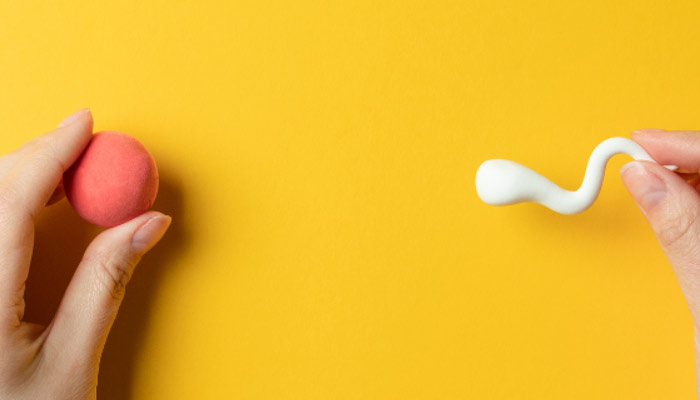
Many people's first reaction when they hear "egg donor" is: Does appearance matter? Don't be shy to admit, it's important, very important. Appearance is an extremely personal standard. Many expectant parents will prioritize donors who are of the same race, or have similar hair color, eye color, height, or body shape. After all, who wouldn't want their child to be somewhat similar to themselves?
However, when it comes to genes, we have to be honest: genes are not a menu for ordering. Even if both parents have dark curly hair, the child may unexpectedly develop light straight hair, after all, there are several generations of ancestral secrets hidden in their genes.
Of course, there are also people who have a more idealized "doll image" in their hearts. I hope that future children will be tall, have good athletic talents, or have explosive artistic talents. This is not shallow or utilitarian, but a normal expectation. Every parent hopes their child can shine in some way. If you are particularly concerned about certain appearances or talents, then feel free to include them in your selection criteria.
Don't forget one more thing: some expectant parents may also consider the donor's educational background or academic ability. Although there is still scientific controversy over whether a child inherits the intelligence of their biological mother, if you value this, then boldly investigate and ask.
To be honest, the personality of egg donors is not just genetic data, but small slices of their lives and souls hidden in their files. For example, some archives will write about her favorite books from childhood, the warmest memories at home, her life dreams, and why she wants to participate in someone else's reproductive journey.
Many expectant parents prefer to find donors with similar personalities to themselves, as that familiarity can make people feel at ease. For example, extroverted people who want children are also extroverted; Introverted people also want to find a quiet soul.
But some people may have the opposite idea: they have a more introverted personality and want to find a more lively and outgoing donor, hoping that the child can have more social skills. Some people place more emphasis on whether their worldview aligns, rather than their specific personality traits.
However, no matter how you choose, remember that although personality genetics have an impact, environmental shaping is equally important. Choosing an outgoing donor doesn't necessarily mean the child will be outgoing. In the end, many parents choose the donor who can generate their intuition of 'this is her!'.
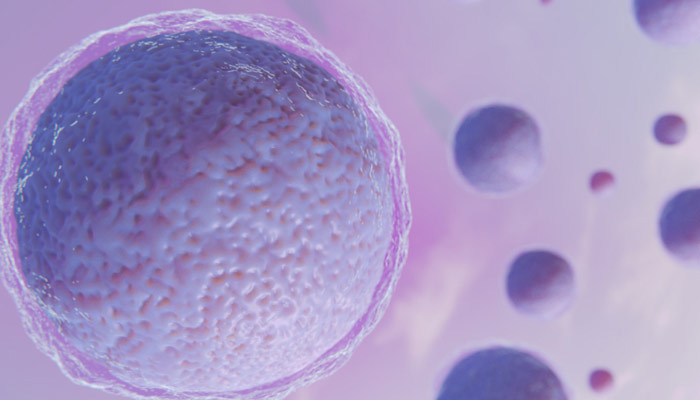
The medical history and health of egg donors are one of the most concerning issues for all expectant parents. There's absolutely nothing to compromise on this point. All egg donors must undergo rigorous medical, genetic, and psychological screening.
If the donor has a serious genetic disease or a known mental illness, they are definitely not eligible for egg donation. Even mild symptoms or unverified genetic risks within the family will definitely be disclosed to prospective parents in the records. Health is the most uncompromising bottom line.
The age of egg donors has a rule that is almost universally accepted in the selection of donors: the younger the donor, the better the egg quality, and the higher the success rate. This is also why the age of the vast majority of egg donors is controlled between 18 and 29 years old. Youth is not just a matter of conception rate, but also involves the chromosomal integrity and genetic health of the egg. In short, young eggs are more "reliable".
When it comes to blood types of egg donors, many parents start to hesitate: should they choose a donor with the same blood type?
Some expectant parents care about blood type because they believe that if their child needs blood transfusions in the future, blood type matching will be more convenient; The second is to protect privacy, fearing that relatives or outsiders may discover through blood type that the child is not "biological".
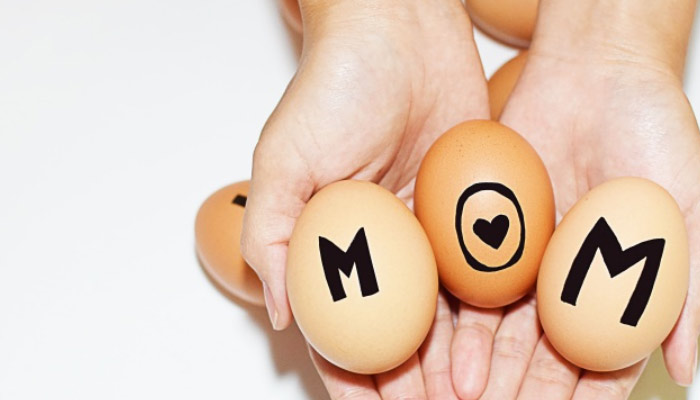
But I have to pour a little cold water: the way blood types are inherited is not absolutely controllable. The blood type of a child is the result of both parents (or donor+sperm source) contributing one ABO gene each, which may sometimes exceed your expectations.
Moreover, as DNA testing becomes increasingly common, relying solely on blood type to conceal egg borrowing is no longer as secure.
Some expectant parents may include "high education" in their donor screening criteria, such as hoping that the donor has at least a college degree or a higher education.
If you are very concerned about intelligence or academic potential, there is no problem at all. Many donor databases have detailed information about their educational background and academic achievements. The key is to choose the one who feels most at ease in your heart.
Epigenetics and egg donation: Many people believe that if they pick the "perfect gene", their child will be the "ideal baby" in their mind. But science is not a panacea, the truth is not that simple.
Science is increasingly telling us that beyond genes, there is also the environment silently playing a huge role.
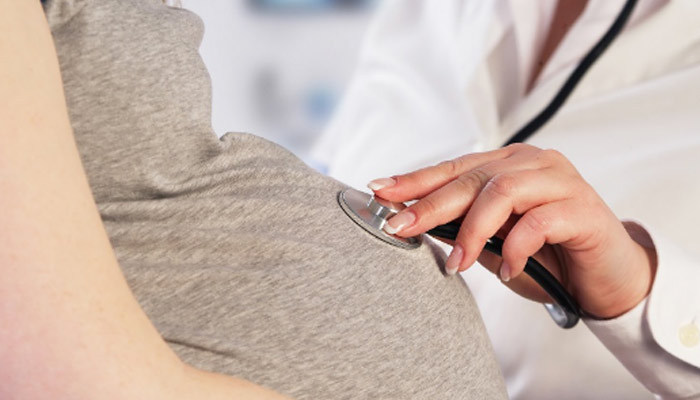
The emotions, stress, nutritional status, and even environmental pollution during pregnancy can all affect the baby's immune system, brain development, and metabolism. This is what is called 'epigenetics'.
So even for surrogacy, the health and psychological state of the surrogate mother are highly valued. In other words, choosing a donor can determine the genes, but it cannot guarantee that the child will fully fit your blueprint. No matter how advanced science is, it still has its boundaries.
Choosing a reliable egg donor is not just about selecting eggs, but also about finding peace of mind. Experienced donors are often seen as a "safe choice" by many prospective parents. After all, they have successfully helped many families achieve their reproductive dreams, which is somewhat more reassuring.
But on the other hand, this does not mean that novice donors are unreliable. After all, everyone has their first time.
Taking My Asian Donor as an example, the screening rate for their donors is only about 3%, indicating how strict the criteria are. Medical, genetic, and psychological checks are carried out at every level to give parents more confidence.
Choosing the best egg donation institution is equally important as choosing a donor. Not all institutions are the same, some institutions have rich experience and meticulous services, while others may only be superficial.
As a reliable organization, My Asian Donor not only helps you find suitable donors, but also accompanies you from legal to medical, from psychological support to follow-up arrangements, taking care of every detail in one go. Choosing the right institution means buying yourself more peace of mind.
After discussing so many "external" factors when looking for an egg donor, the most important one that cannot be ignored is your own actual situation and feelings.
Simply put, borrowing eggs is not a small expense for your financial situation. Searching for donors through institutions will incur additional costs, which are usually calculated separately from your reproductive clinic. The good news is that reliable clinics and institutions will work closely together to avoid wasting money.
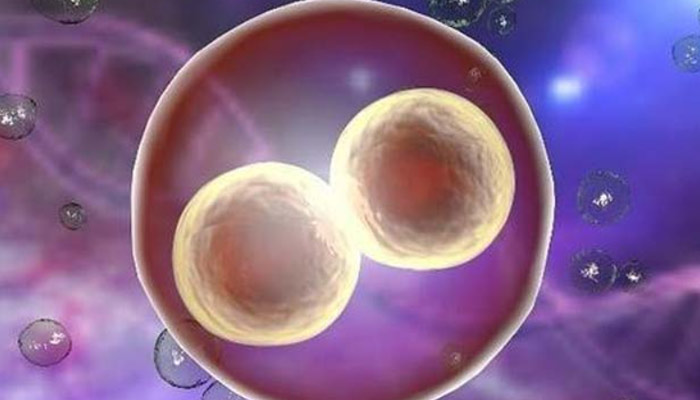
Don't think that choosing a donor on your schedule means everything is fine. The entire process, from selecting candidates to retrieving eggs, usually takes about 12 to 16 weeks. During this period, we will encounter:
The waiting period for medical examination results (two to four weeks), drafting and signing of legal contracts (also several weeks), scheduling of the donor's menstrual cycle, scheduling of doctors and laboratories, and types of egg lending agreements. Most egg donation agreements are anonymous, and donors do not know the names or addresses of prospective parents, nor do they meet with their children. But now, more and more people are choosing to "publicly donate" and even hope to establish some kind of connection with donors in the future. It all depends on your family values.
I would like to say a special sentence about your emotions, problems, and doubts: whatever you feel at this moment is normal. Many women experience a feeling of sadness upon learning that they have no genetic connection with their children. This is not affectation, nor is it fragility. This is a feeling that truly needs to be accepted and seen.
If you are experiencing such a low point, please give yourself space and don't hesitate to talk to a professional psychological counselor.
My Asian Donor team also understands this very well. Many of our employees have extensive experience in assisted reproductive technology (ART) and egg donation, which can give you a light when you feel lost or stressed.
Choosing an egg donor is a highly emotional and rational journey. Don't rush to settle down in one breath, don't be afraid to ask questions, and don't be afraid to stick to what you care most about in your heart. Because it's not just about selecting eggs, it's about deciding what kind of future you want to leave for your children.

 简体中文
简体中文